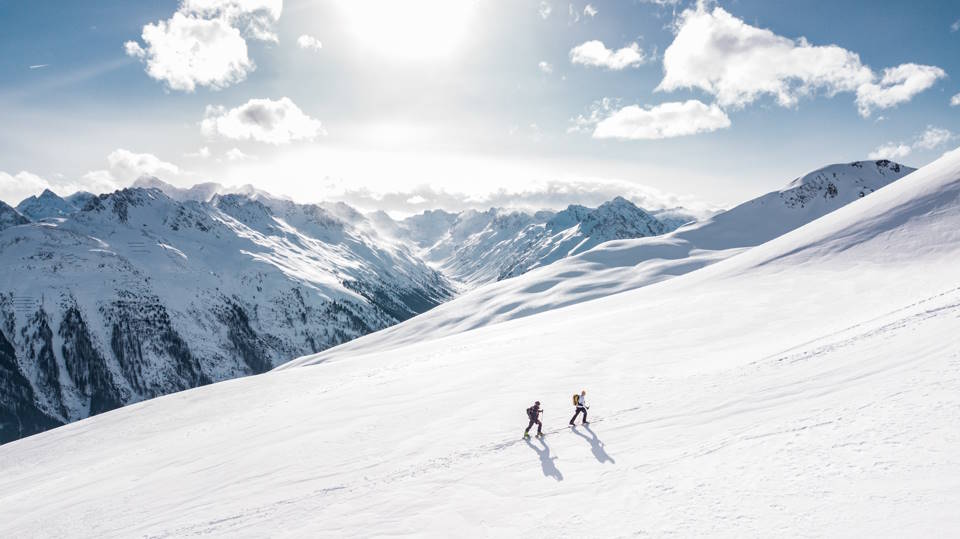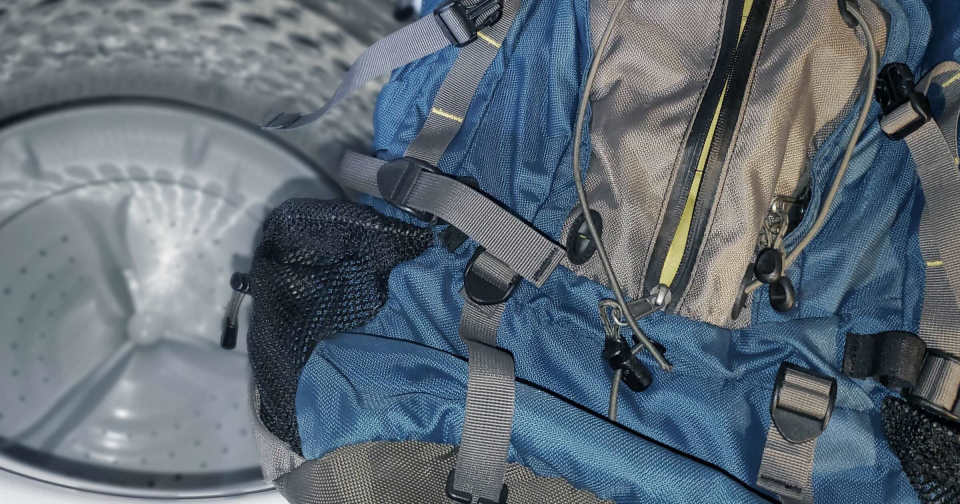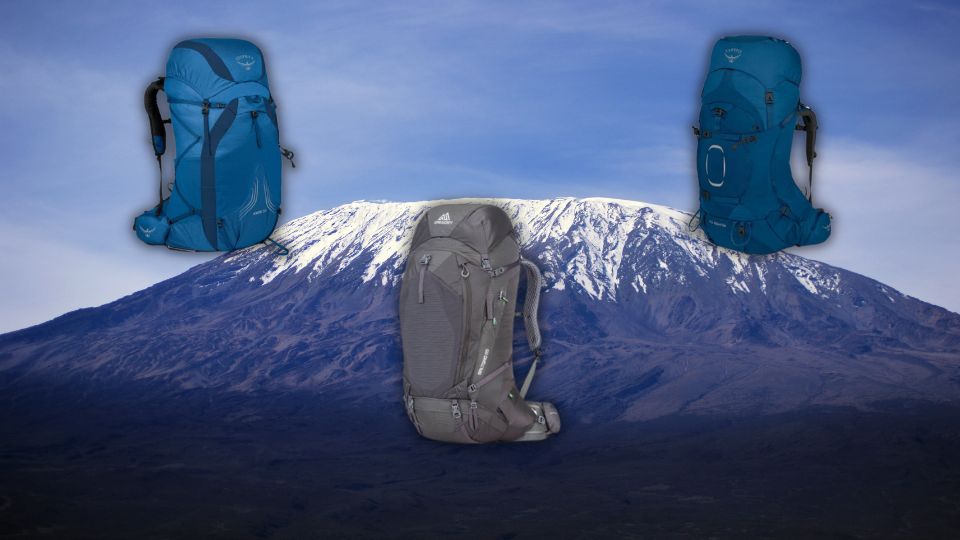As the air turns crisp and the first snowflakes begin to fall, many winter sports enthusiasts eagerly await the start of ski season. From the breathtaking powdery slopes to the thrill of gliding down the mountainside, there’s nothing quite like the experience of hitting the ski slopes. But when exactly does ski season start? In this blog post, we’ll delve into the factors affecting the start of ski season, typical start dates for ski resorts around the world, key regions known for early ski season openings, and the benefits of booking a ski trip early. Whether you’re a seasoned pro or a newbie to the world of skiing, this post will provide you with all the information you need to make the most of the upcoming ski season. So grab your gear, dust off your snow boots, and get ready for an exhilarating winter adventure on the slopes!Get ready for ski season with our guide to early booking, preparation tips, and the key factors affecting the start dates in key regions.
Introduction to Ski Season
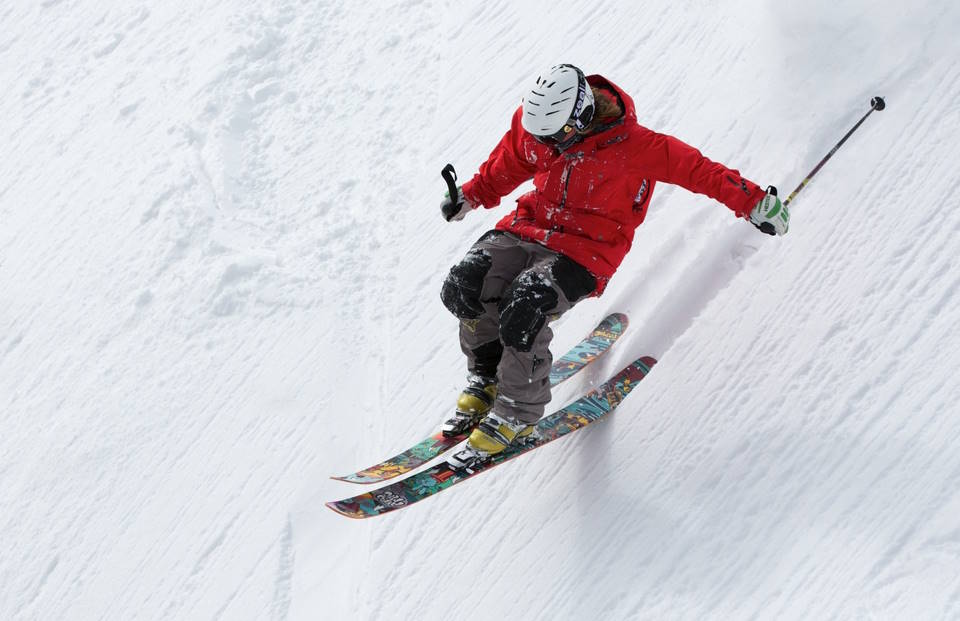
Ski season is a much-anticipated time of year for winter sports enthusiasts. The season traditionally begins when the first snowfall arrives in the mountains, creating a powdery playground for skiers and snowboarders alike. As the temperature drops and the mountains become blanketed in snow, skiers eagerly prepare for the excitement and adventure that the ski season brings.
For many, ski season marks a time of both physical and mental preparedness, as skiers and snowboarders spend the offseason eagerly anticipating the chance to hit the slopes once again. Whether it’s been a lifelong passion or a newfound interest, the start of ski season signals the beginning of a time filled with exhilarating runs, breathtaking mountain views, and the warmth of a cozy lodge after a day on the slopes.
Opening day at ski resorts is a much-anticipated event, with skiers and snowboarders flocking to the mountains to enjoy the first tracks of the season. The start of ski season also brings economic opportunities to mountain towns, as tourists and locals alike come together to enjoy the winter wonderland that the season provides.
As ski season begins, it’s a time of excitement, anticipation, and celebration for all who love winter sports. For many, the start of ski season is a time to connect with nature, get active, and experience the rush of adrenaline that comes from flying down a mountainside. Whether you’re a seasoned veteran or a novice to the sport, the start of ski season is a time of joy and delight for all who love spending time in the mountains.
Factors Affecting Ski Season Start
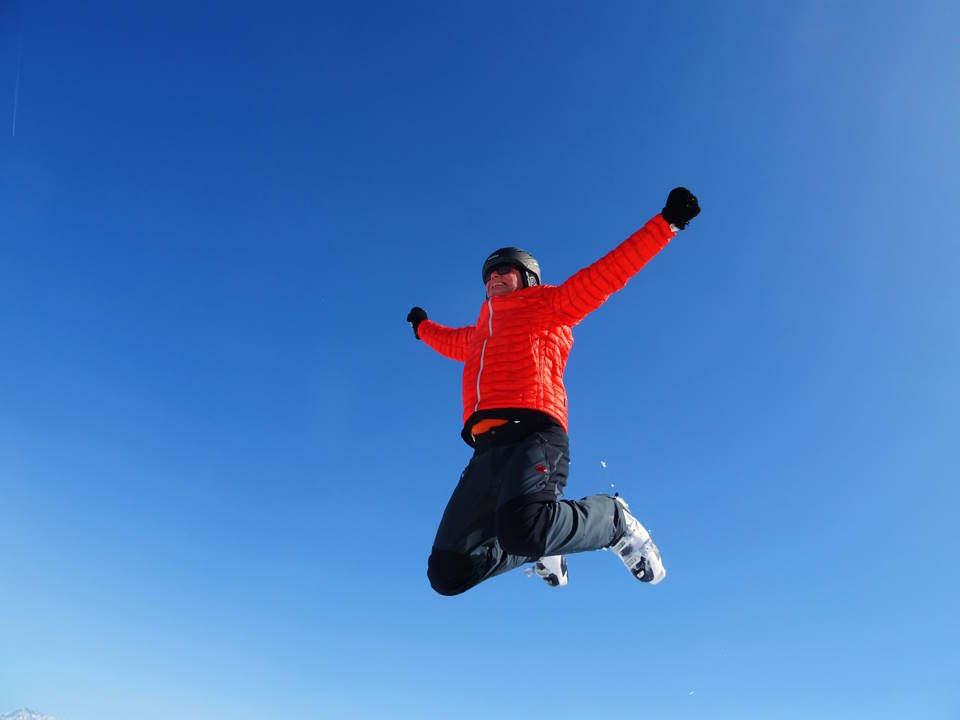
Temperature
The start of ski season is heavily influenced by the temperature. Lower temperatures are necessary for creating and maintaining snowpack. If the weather is too warm, it can delay the start of the ski season as ski resorts may struggle to produce sufficient artificial snow.
Snowfall
The amount of snowfall is a crucial factor in determining the start of ski season. Ski resorts rely on natural snow to provide good skiing conditions, and if there is not enough snowfall, it can delay the opening of the slopes. Early season snowfall can also affect the quality of the snowpack and the overall experience for skiers and snowboarders.
Altitude
The altitude of a ski resort plays a significant role in when ski season starts. Resorts at higher elevations tend to have lower temperatures and receive more natural snowfall, allowing them to open earlier in the season. Lower altitude resorts may have to rely more on artificial snow and favorable weather conditions to open their slopes.
Weather Patterns
Unpredictable weather patterns can impact the start of ski season. A season with consistent low temperatures and ample snowfall is ideal for an early start, while warmer or drier weather can delay the opening of ski resorts. Weather patterns can vary from year to year, making it difficult to predict when ski season will start.
Typical Start Dates for Ski Season
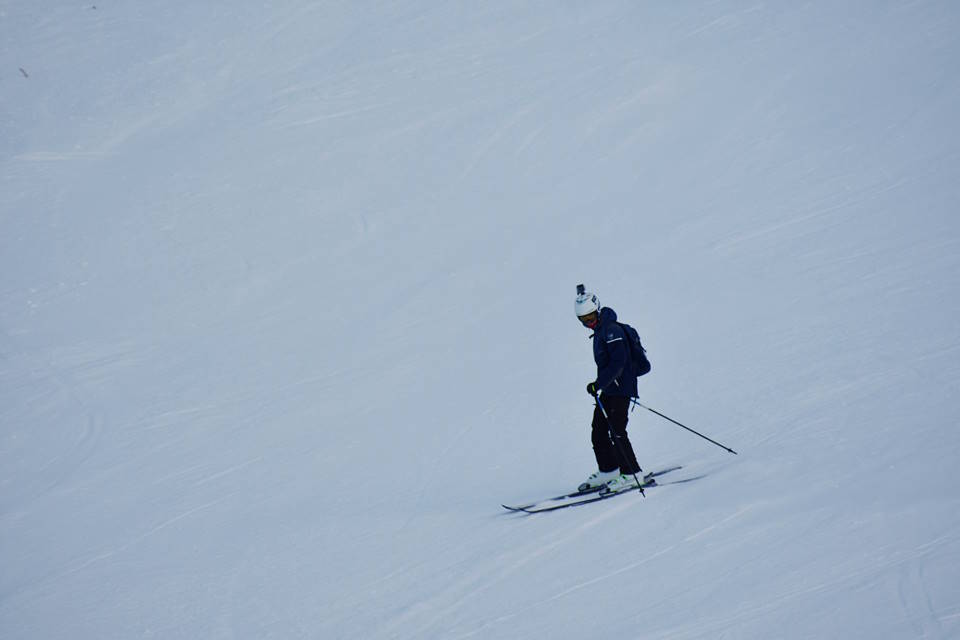
When planning a ski trip, it’s important to know when the ski season typically starts in your desired destination. The start date of the ski season can vary depending on a number of factors, such as location, altitude, and weather conditions.
One of the key factors affecting the start of ski season is the altitude of the ski resort. Ski resorts located at higher altitudes typically have longer ski seasons, as they receive more consistent snowfall and lower temperatures. This means that ski season can start as early as October or November in high-altitude regions.
On the other hand, ski resorts at lower altitudes may have shorter ski seasons, with the start date typically falling in late November or December. These resorts may rely more heavily on artificial snow and lower temperatures to create suitable skiing conditions.
It’s important to research the typical start dates for ski season in your desired region to ensure that you plan your trip at the right time. Booking your ski trip during the early part of the season can offer a number of benefits, including fewer crowds and lower prices on accommodations and lift tickets.
Key Regions for Early Ski Season
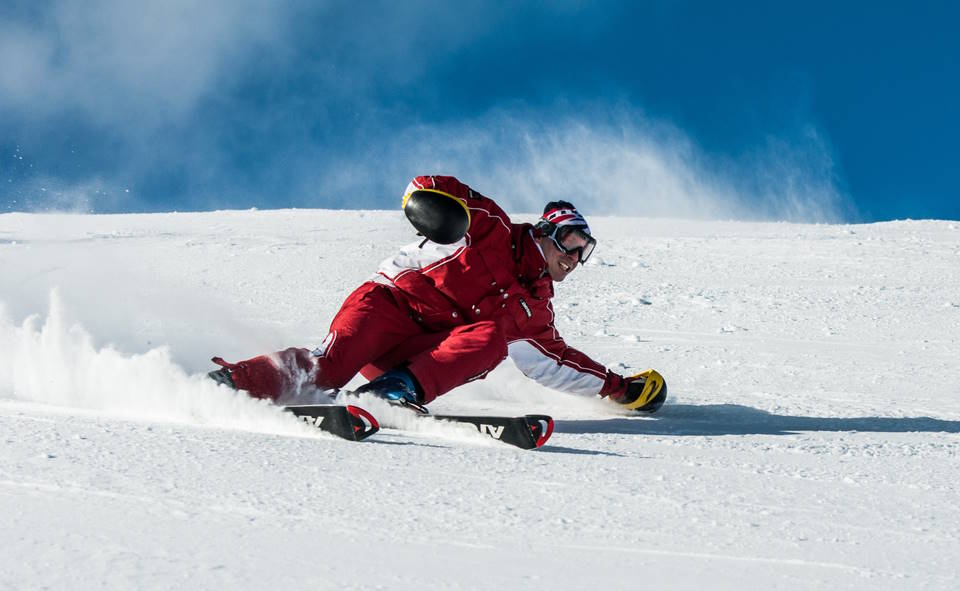
When planning for an early ski season trip, it’s essential to consider the regions that are known for their early snowfall and ideal skiing conditions. These key regions are popular among avid skiers who are eager to hit the slopes as soon as possible. With their higher altitudes and colder temperatures, these regions are the perfect choice for those looking to start their ski season early.
One of the top key regions for early ski season is the Rocky Mountains in the United States. Colorado, specifically, is famous for its early snowfall, making it an ideal destination for skiers who want to get a head start on the winter sports season. The resorts in this region often open as early as October, providing ample opportunity for ski enthusiasts to kick off their season.
Another renowned region for early ski season is the Alps in Europe. Countries such as Switzerland, Austria, and France are known for their high-altitude resorts that receive abundant snowfall early in the season. The ski season in the Alps typically begins in late November, allowing skiers to enjoy the slopes before the peak season crowds arrive.
Furthermore, the Canadian Rockies also offer prime skiing conditions for early-season enthusiasts. Alberta and British Columbia are home to world-class ski resorts that open as early as November. The abundant snowfall in this region ensures that skiers can enjoy excellent powder and well-groomed slopes from the beginning of the season.
Preparation Tips for Ski Season

As winter approaches, many people start thinking about hitting the slopes for some skiing. For those who are new to the sport, it’s important to be well-prepared before stepping onto the snow. Proper preparation can make a big difference in the overall experience and enjoyment of the ski season.
One of the first things to consider when preparing for the ski season is to make sure you have all the necessary gear. This includes skis, boots, poles, and appropriate cold-weather clothing. It’s important to have well-fitted gear that is comfortable and suitable for the specific needs of skiing.
Another important aspect of preparation for the ski season is to work on physical fitness. Skiing requires a certain level of strength, endurance, and balance, so it’s important to engage in regular exercise to prepare the body for the physical demands of the sport. Strengthening the legs, core, and cardiorespiratory system can help prevent injuries and improve overall performance on the slopes.
Lastly, it’s crucial to familiarize yourself with the basics of skiing before hitting the slopes. Taking lessons from a professional instructor can be highly beneficial for beginners, as it can provide valuable insights and guidance on proper technique and safety practices. Additionally, practicing on indoor slopes or dryland training can help build confidence and skill before venturing out onto real snow.
Benefits of Early Ski Season Booking
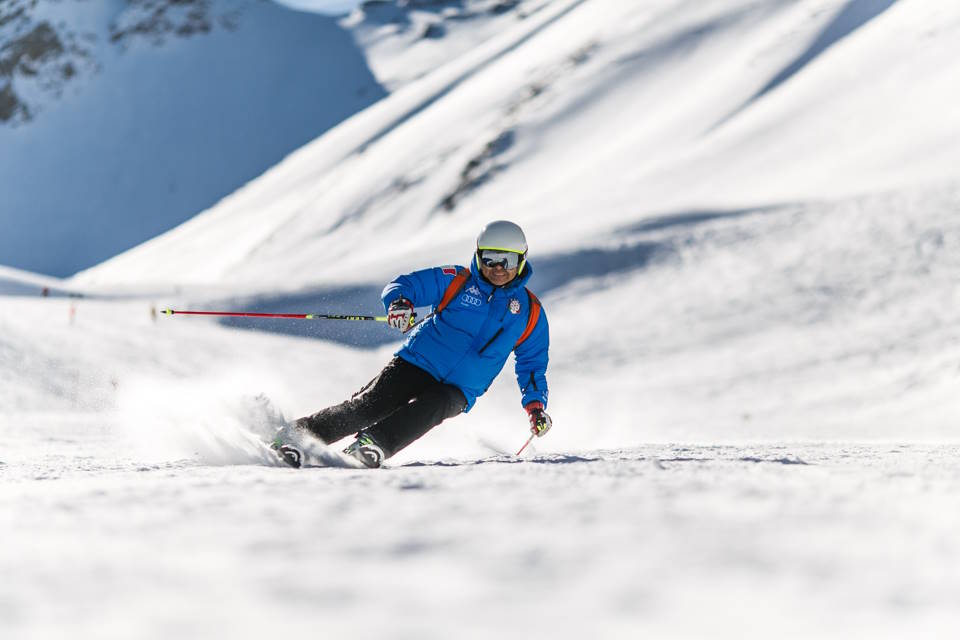
Booking your ski trip early can have several benefits that can enhance your overall experience. By securing your trip in advance, you can take advantage of early bird discounts offered by ski resorts and lodging accommodations. These discounts can save you a significant amount of money, which can then be used for other expenses during your trip.
Additionally, booking early allows you to have a wider selection of options for accommodation and ski packages. You can choose from a variety of lodging options including ski-in-ski-out accommodations, luxury chalets, and budget-friendly hotels, ensuring that you find the perfect fit for your preferences and budget.
Another benefit of booking early is that you have more time to plan and prepare for your ski trip. You can research and compare different ski resorts, read reviews, and plan your itinerary in advance. This can help you make the most of your trip by ensuring that you visit all the must-see attractions and experience the best activities available at your chosen destination.
Lastly, early booking gives you the peace of mind knowing that everything is taken care of. You can avoid the stress of last-minute planning and have more time to look forward to your trip with excitement. This can contribute to a more enjoyable and relaxing ski vacation.

